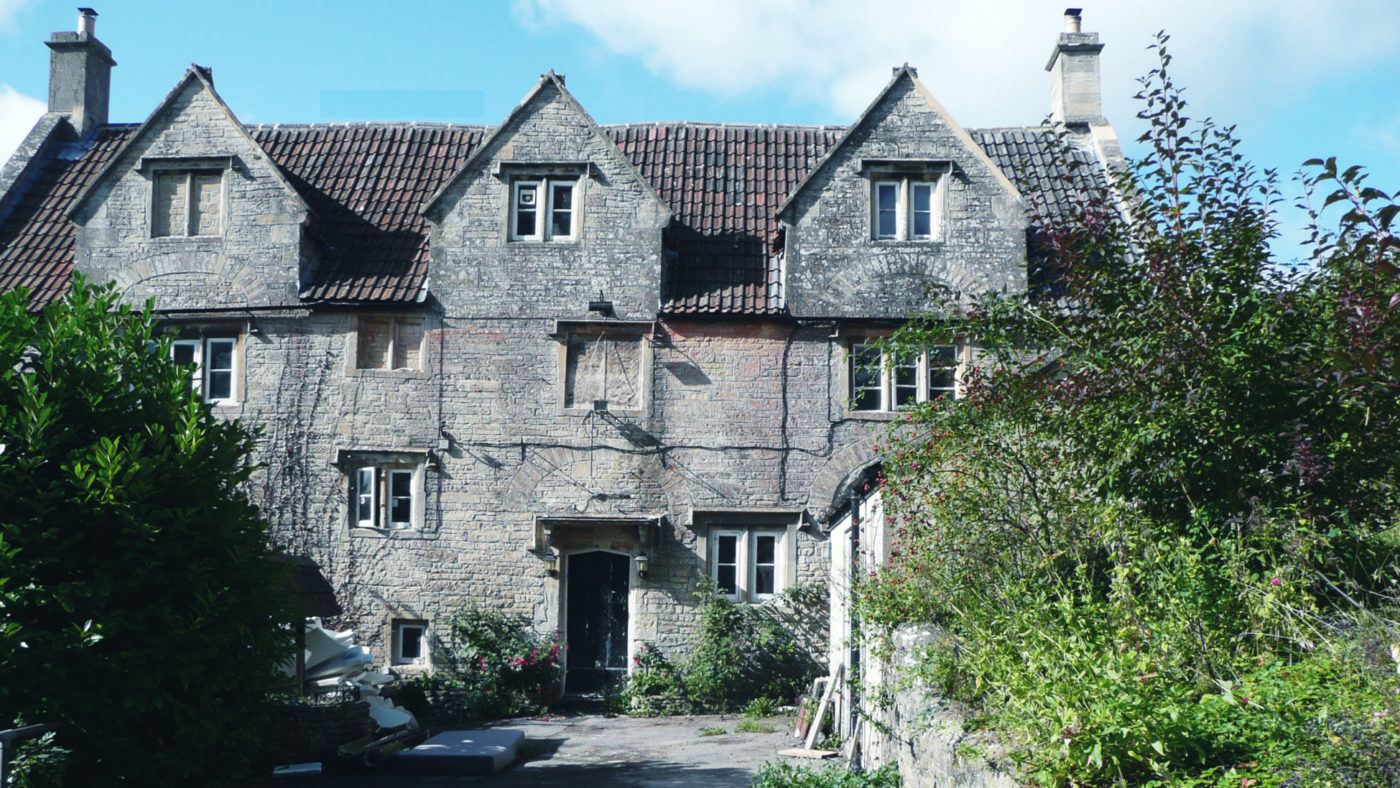Glory be, the villagers have bought the pub to stop it being turned into a block of flats. That, at any rate, is the story we’re being told. But it misses the point: if the villagers had been going to the pub for a drink more often then no one would have wanted to turn it into a block of flats.
The story thus morphs from an Ealing comedy about requiring a passport to enter Pimlico into one about how the Localism Act 2011 destroys economic value.
The background to this tale is The Packhorse in South Stoke, an area, indeed a pub, I know well. It’s an entirely lovely building in a picture postcard village. It’s also an enormous pub in a village of under 500 people. Back in the day it could be, and was, well supported by such a population, being the proper centre of the community and all that (from memory it sold chocolate from behind the bar, for example, because there was no local sweet shop. That as well as scrumpy so vicious that foreigners – those from more than a mile away – would be limited to halves). These days we just don’t drink that way.
The cost of drinking out is now very much higher than doing so at home, we can’t smoke (yes, sorry, the seasoned topers that are the financial lifeblood of a pub did and do tend to smoke) and this particular pub is just that little bit too far away for a wander to it. It requires either a determined walking expedition or a car ride – and we all do that much less now, and rightly, because of concerns over drink driving.
It’s a large and expensive building to run in the wrong place for a pub these days, or perhaps for such a large pub. Which is why Punch Taverns put it on the market. It’s also why the highest bidder was going to turn it into flats. Being able to live in a picture postcard village has a higher value than being able to drink in one these days.
At which point enter the Localism Act. It’s possible for something to be added to the “Assets of Community Value” list, if it is deemed that it “furthers the social wellbeing or social interests of the community.” That is what happened to The Packhorse, meaning the buyers had to sell it back to the community. The end effect is that the increase in economic wealth from the conversion into flats isn’t going to happen – making us collectively poorer.
For while it might well be that we don’t like what prices are, and we’d prefer them to be different, prices don’t lie. We might prefer that South Stoke has a thriving and viable pub in it, but that’s not what the people of the village itself decided through their actions. They didn’t drink in it enough, after all. The building does and did have a higher value as flats – that’s the part that indicates prices don’t lie.
We might argue that everyone has put their hand in their pocket to back their views, because they’ve gone and bought the place with their own money. But there’s still value left upon the table – the price they’ve paid is the value the developer was willing to pay before conversion, not the value that would have been created by that conversion. Further, if the most valuable use of the building were as a pub then we wouldn’t need a law to prevent, slow down or intervene in a conversion away from being a pub. This is Ronald Coase’s argument all over again: the initial distribution of assets doesn’t really matter, as they will end up in the hands of those who value them most, whatever the starting state. And thus any asset will end up being employed in its most valuable use. No intervention is necessary to make this happen, other than property rights and the free market.
What is going to be held up in the future as a marvellous example of community intervention in their own surroundings is really the story of legislation preventing necessary changes in the economy. After all, we do know, very well, that public houses in the country are going bust in vast numbers. We’ve all changed, we just don’t need so many pubs these days. We’ve also, to hear tell, something of a shortage of housing around the place. Converting one to the other seems rather sensible.
Still, there is one saving grace, the law does at least insist that the community stump up their own money. Presumably they’re going to lose some goodly portion of it – Punch Taverns couldn’t make it pay, which was the start of our story. Unless, that is, they all change how and where they drink. But if they’d done that in the first place they wouldn’t have needed to buy it, would they?
Yes, sure, I’m delighted The Packhorse survives and even better, that it’s at someone else’s expense. But we do have to recognise that prices don’t lie, and that there’s a cost to this as well.


